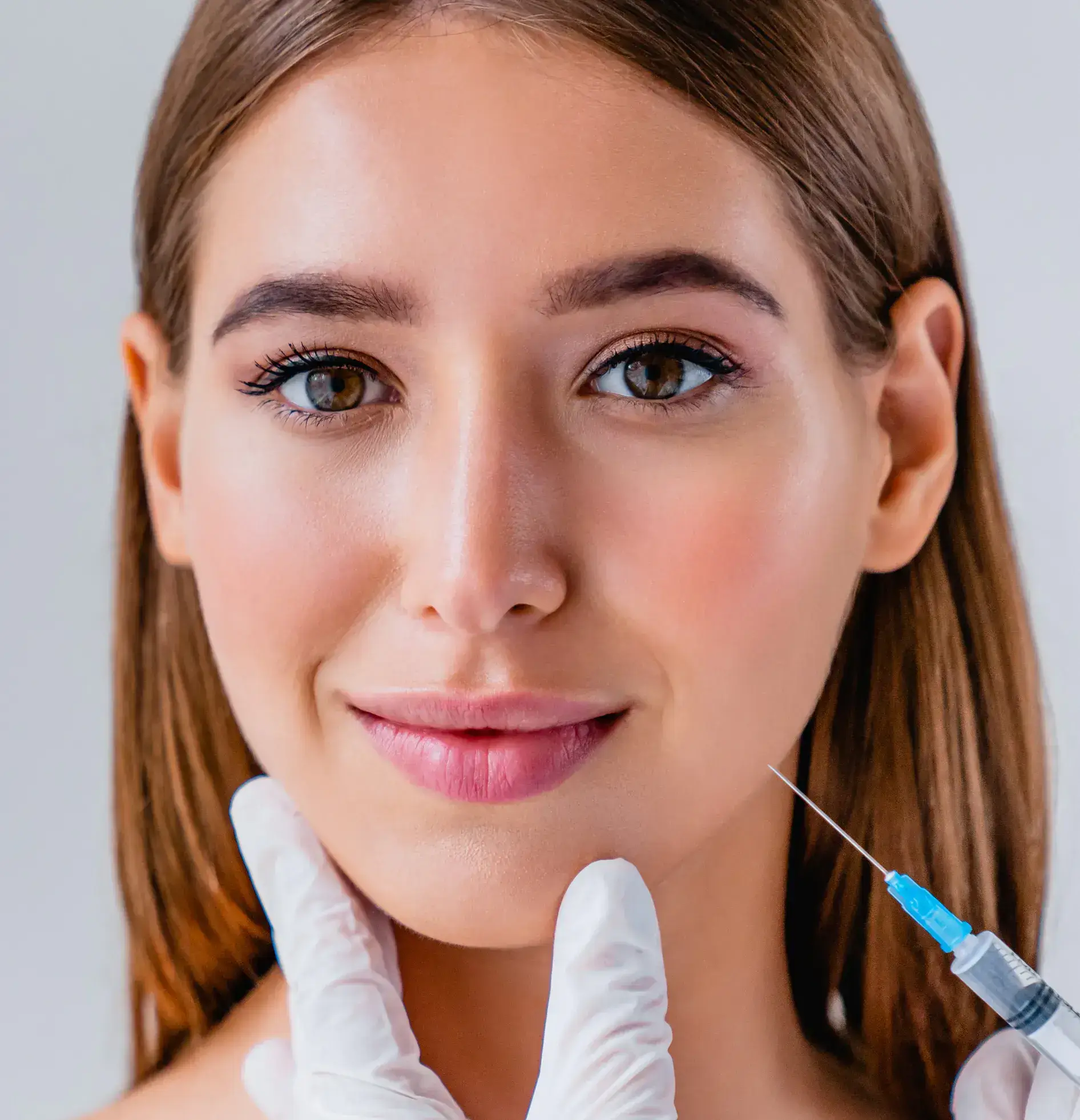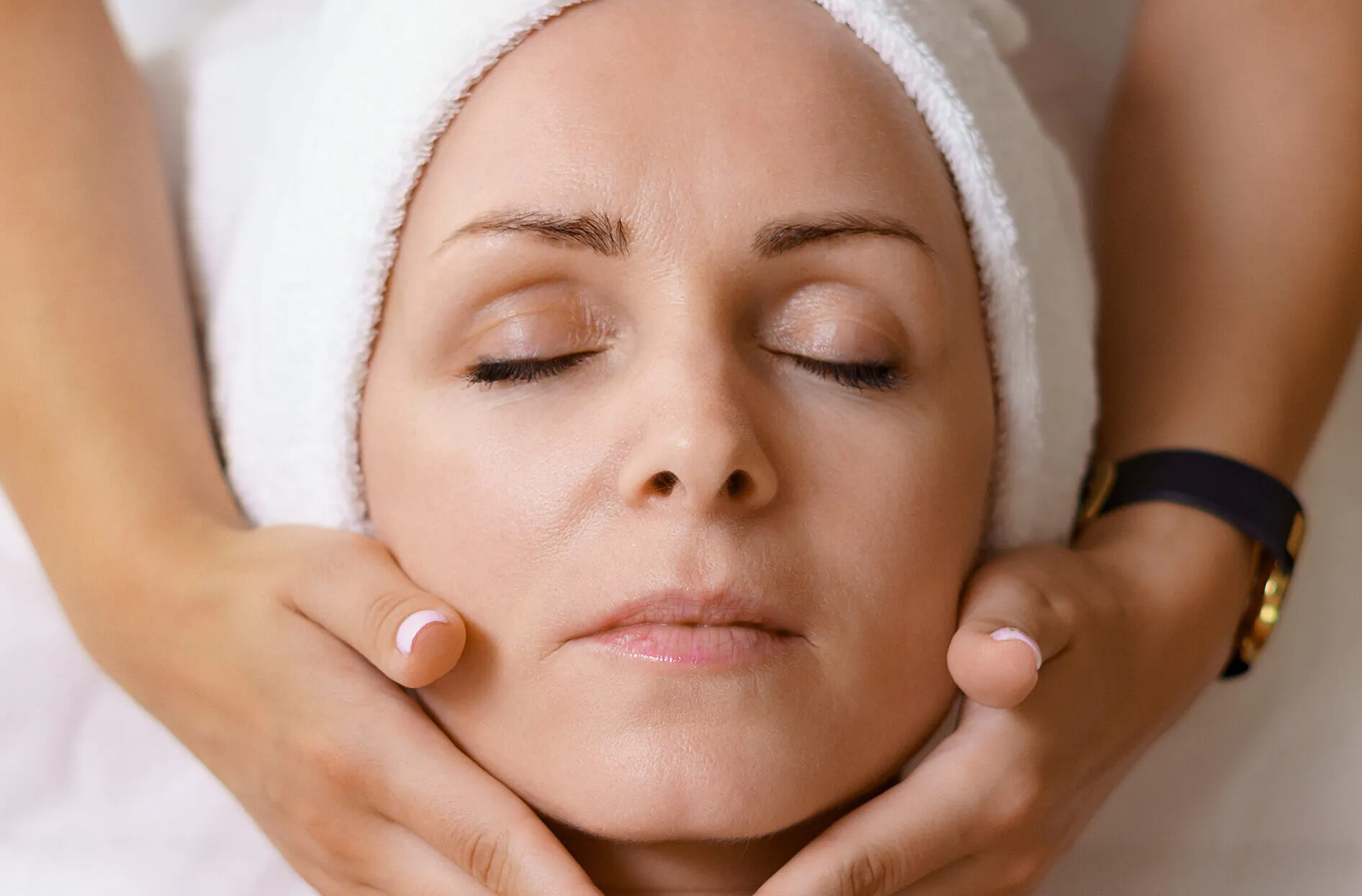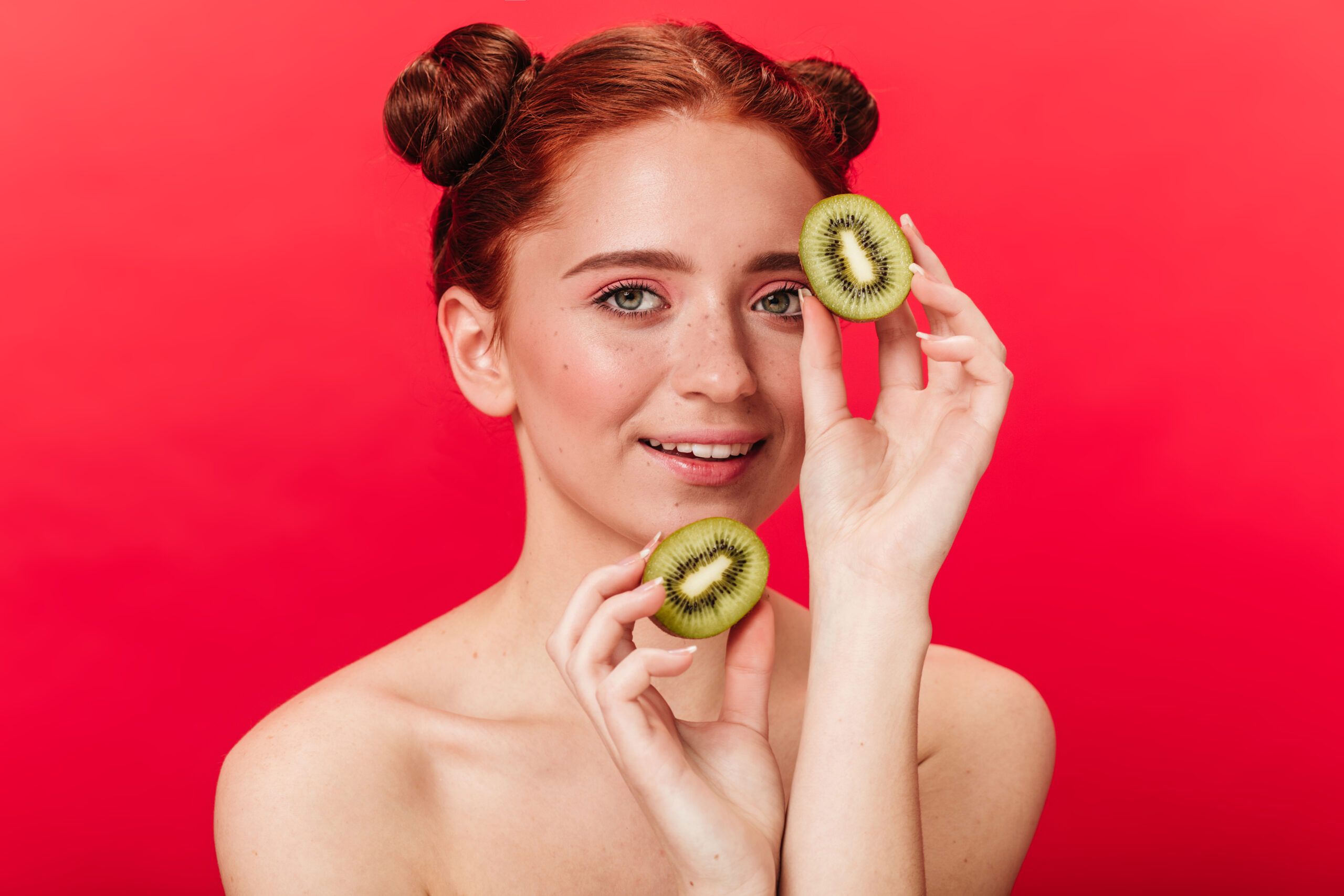Why is Orthorexia a Growing Concern Nowadays?

Orthorexia: The Obsession with “Perfect Eating” Nowadays
I bet y’all have seen these types of videos where you see people promoting “raw, organic, and pure” everything. While this might sound harmless (even inspiring for some), there’s a darker side to it that we need to talk about: orthorexia. If you’ve never heard of it, don’t worry — you’re not alone. Let’s dive into what orthorexia really is, why it’s affecting so many people in 2025, and how influencers promoting extreme eating habits might be playing a part.
What Is Orthorexia?
Orthorexia nervosa, often shortened to orthorexia, is an eating disorder characterized by an obsessive focus on “clean” or “healthy” eating. Unlike other eating disorders, orthorexia isn’t always about weight loss; it’s about achieving a so-called “perfect diet.” People with orthorexia can become so fixated on the purity of their food that it starts to impact their mental health, relationships, and even physical well-being.
For example, someone with orthorexia might refuse to eat anything that isn’t organic, avoid entire food groups, or insist on eating only raw foods. This might sound like just another diet trend, but when it’s taken to extremes, it becomes unhealthy and even dangerous.
The Raw Food Rabbit Hole
So, here’s what inspired me to write this. I was casually scrolling through Reels one night when I came across a stunning woman with toned abs, sculpted arms, and that tall, ethereal, model-like presence. Of course I went a deeper dive to check her content that was entirely devoted to eating raw everything. I’m talking raw ground beef, raw eggs, raw milk, raw honey — rawwwww. She wasn’t just sharing recipes; this was her *whole personality*. Fascinated, I thought, *If she looks like this, maybe I can learn something.* Silly me, right?
After some deep scrolling (because, of course, curiosity always wins), I discovered that she’d once been an underweight model. Her transformation to a “healthier” body was impressive, but her content screamed otherwise. One comment caught my attention: “From one ED to another.” As harsh as it sounded, it hit the nail on the head. Her raw-food obsession wasn’t about health — it was a new way to mask an old struggle.
The Problem with “As Nature Intended”
Truth is while some foods *can* be eaten raw, turning it into a rigid lifestyle is neither practical nor healthy. Orthorexia often disguises itself under phrases like “as nature intended” or “living clean,” but let’s get real. There’s a reason humans started cooking food: safety, taste, and, oh yeah, science. Not all foods are meant to be consumed raw. For some, it can lead to foodborne illnesses; for others, it might just mess with their digestion.
EveryBODY is different. What works for one person might not work for another. So, idolizing influencers who promote these extreme lifestyles without context or expertise? It’s a dangerous game.
Why Is Orthorexia Thriving Till These Days?
In a world driven by #CleanEating hashtags and wellness influencers, it’s no wonder orthorexia is on the rise. Social media algorithms reward extreme content, and the more “pure” and “radical” a lifestyle appears, the more it gets pushed to the top of your feed. Add in the aesthetic appeal of picture-perfect plates and toned bodies, and it’s a recipe for obsession.
But here’s the truth, most of these lifestyles are curated for the camera. They’re as real as your favorite Netflix show. Sure, you can watch them for entertainment, but believing they’re the key to health and happiness? That’s where the trouble starts.
How to Navigate the Noise
- Understand that not everything on your feed is as it seems. Influencers often show the highlight reel, not the behind-the-scenes struggles.
- Your body’s needs are unique. What fuels one person might not work for you. Listen to your body.
- A healthy diet is about variety and moderation, not rigid rules. Balance not ‘perfection’.
- Look to credible sources, not influencers, for guidance on nutrition and health. Educate yourself well.
Orthorexia is a growing concern in our hyper-connected, wellness-obsessed world. While influencers might mean well (or just want clicks), their extreme lifestyles can do more harm than good. So, the next time you’re tempted to dive into a raw-food rabbit hole, remember: health is about balance, not obsession. And if you’re ever unsure, think of social media like your favorite TV show. Watch it, enjoy it, but know it’s not real life.
Because at the end of the day, the best diet is one that fuels your body, your mind and your soul.










